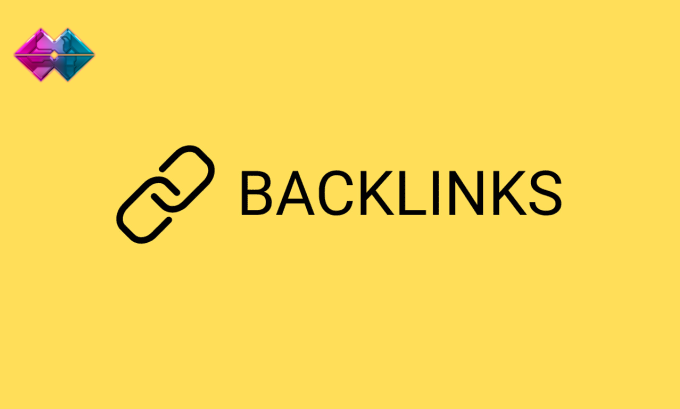In the intricate world of Search Engine Optimization (SEO), backlinks play a pivotal role in determining a website’s visibility and authority. However, not all backlinks are created equal. This article delves deep into the realm of bad backlinks, unraveling what they are, why they matter in the world of SEO, and how to mitigate their adverse effects.
Defining Bad Backlinks
Backlinks, also known as inbound links or incoming links, are hyperlinks from one website to another. They are akin to digital recommendations. When reputable websites link to your site, it can boost your site’s credibility and search engine rankings. However, bad backlinks are the antithesis of this concept.
Bad backlinks, also referred to as toxic or spammy backlinks, come from low-quality, irrelevant, or suspicious sources. These sources might include link farms, spammy directories, or websites with a dubious reputation. Bad backlinks can harm your site’s SEO efforts by signaling to search engines that your site associates with low-quality or spammy content.

The Impact of Negative Backlinks on SEO
- Search Engine Penalties: Search engines like Google continuously update their algorithms to prioritize high-quality content and websites. If your site accumulates too many negative backlinks, you risk penalties that can lead to lower rankings or even removal from search results.
- Loss of Credibility: Negative backlinks can damage your website’s credibility in the eyes of both search engines and users. Visitors may be hesitant to trust your content or make purchases if they perceive your site as untrustworthy.
- Reduced Organic Traffic: As search engine rankings plummet due to negative backlinks, your organic traffic may decline. This can have a significant impact on your site’s visibility and, consequently, your business.
- Negative User Experience: Backlinks from spammy sources can lead users to irrelevant or malicious websites, resulting in a poor user experience. This can increase bounce rates and decrease engagement.
Mitigating the Effects of Backlinks
- Backlink Audit: Regularly conduct backlink audits to identify and disavow bad backlinks using Google’s Disavow Tool.
- Quality Content: Focus on creating high-quality, relevant content that naturally attracts reputable backlinks.
- Link Building Best Practices: Emphasize white-hat link-building strategies, such as guest posting on authoritative sites or earning backlinks through valuable content.
- Monitor Your Backlink Profile: Continuously monitor your backlink profile for any suspicious activity or negative SEO attacks.
In conclusion, negative backlinks can have a detrimental impact on your website’s SEO and reputation. Recognizing and addressing them through vigilant monitoring and disavowal is crucial to maintaining a healthy online presence and ensuring your SEO efforts yield positive results.










Recent Comments